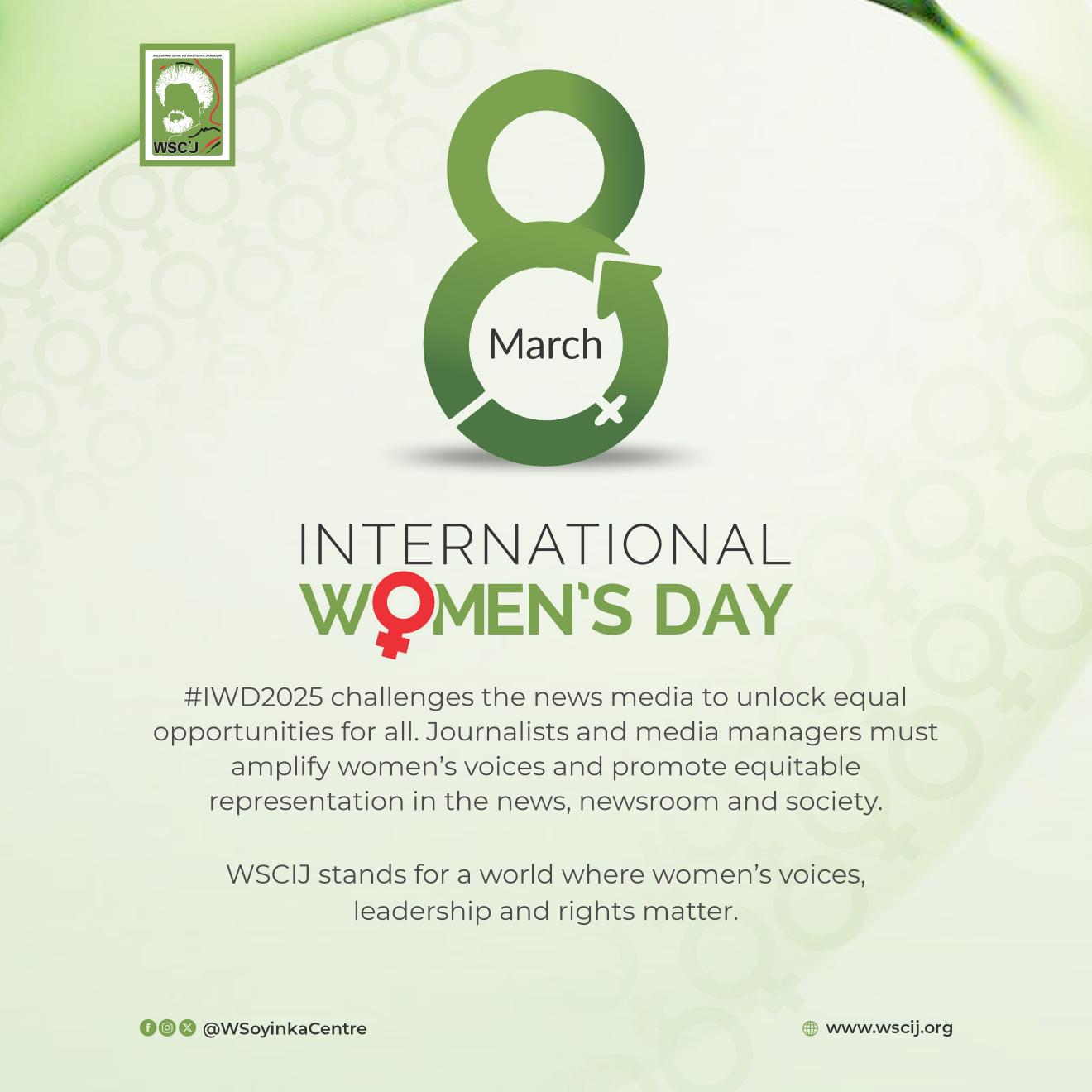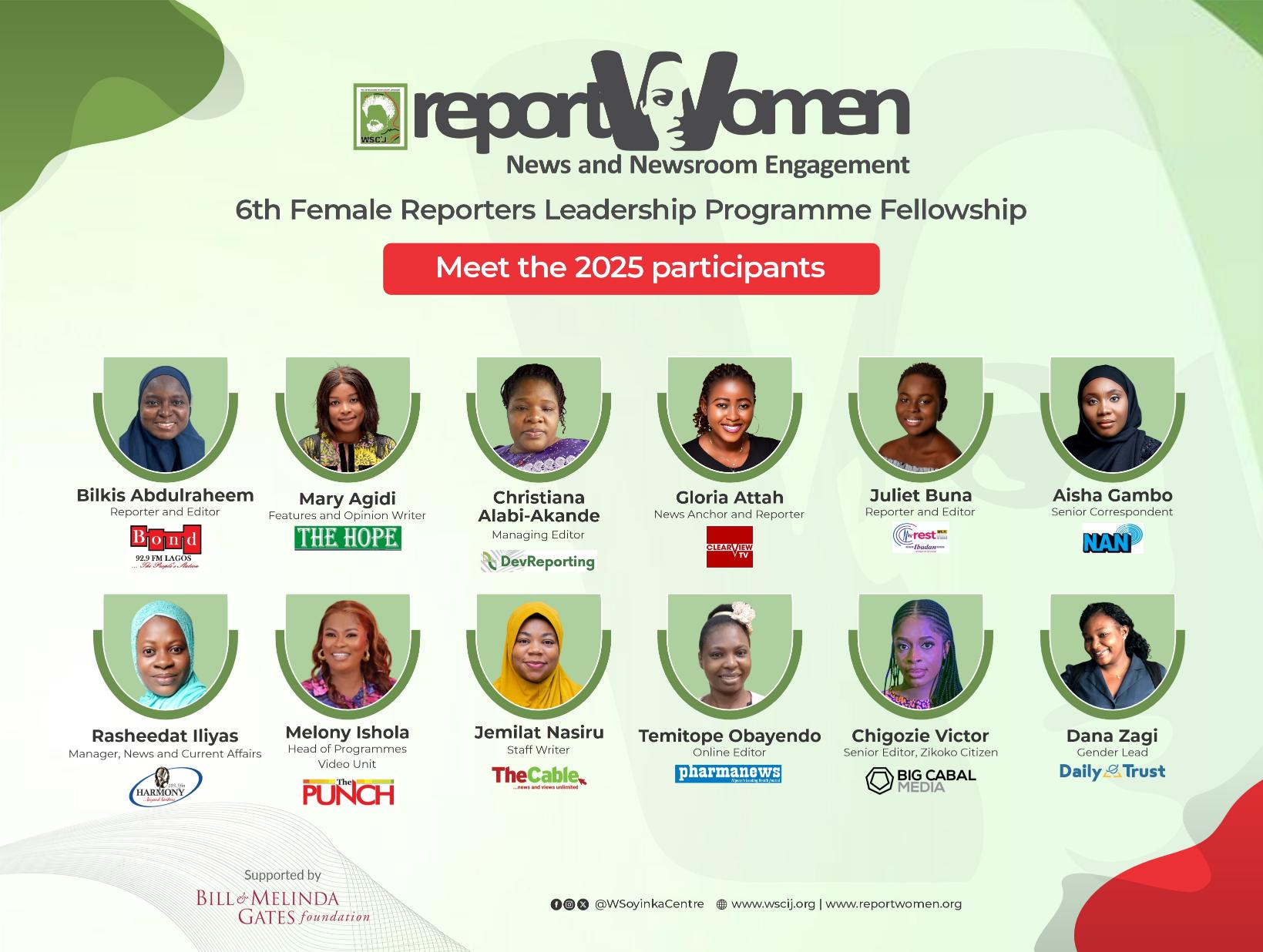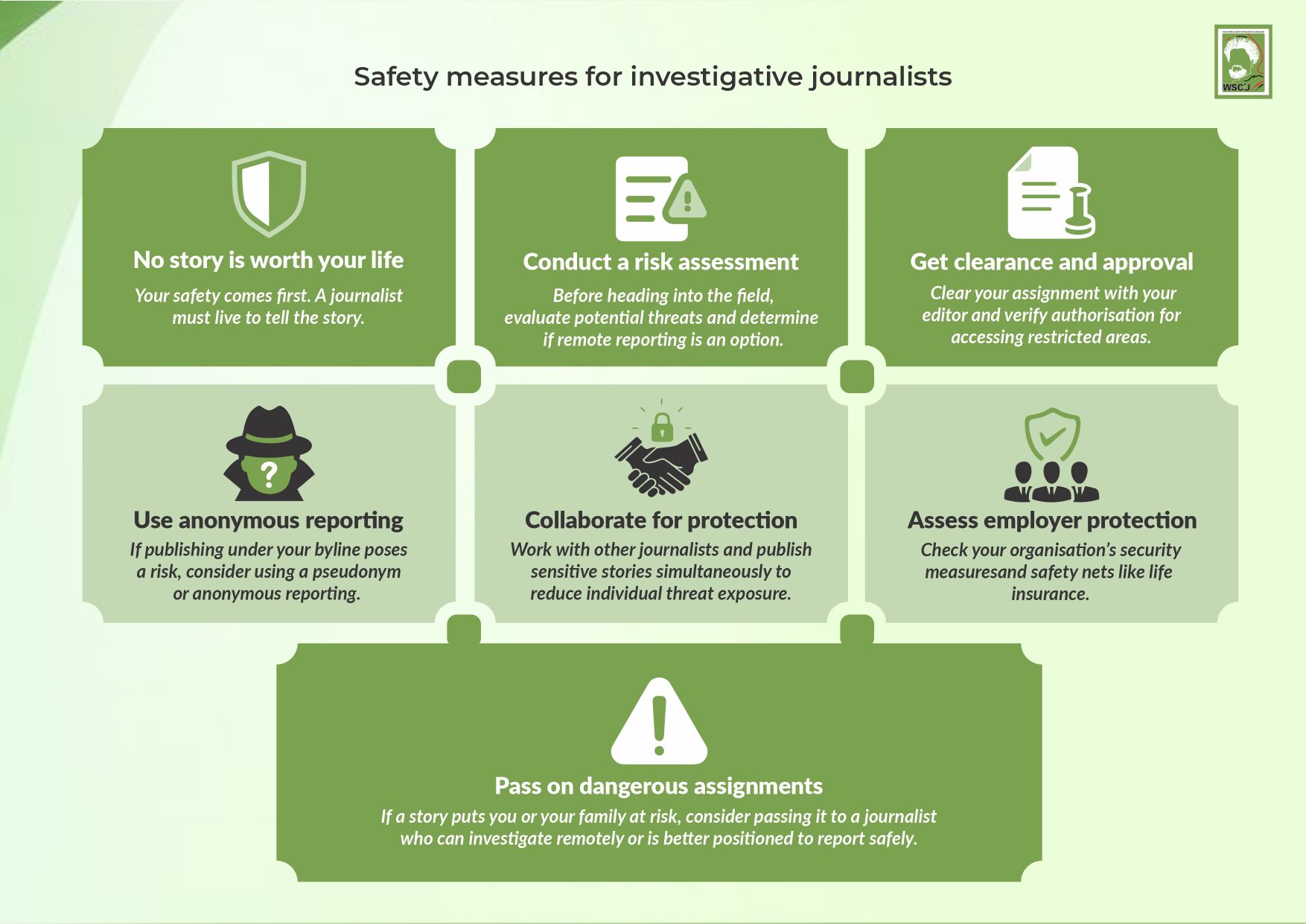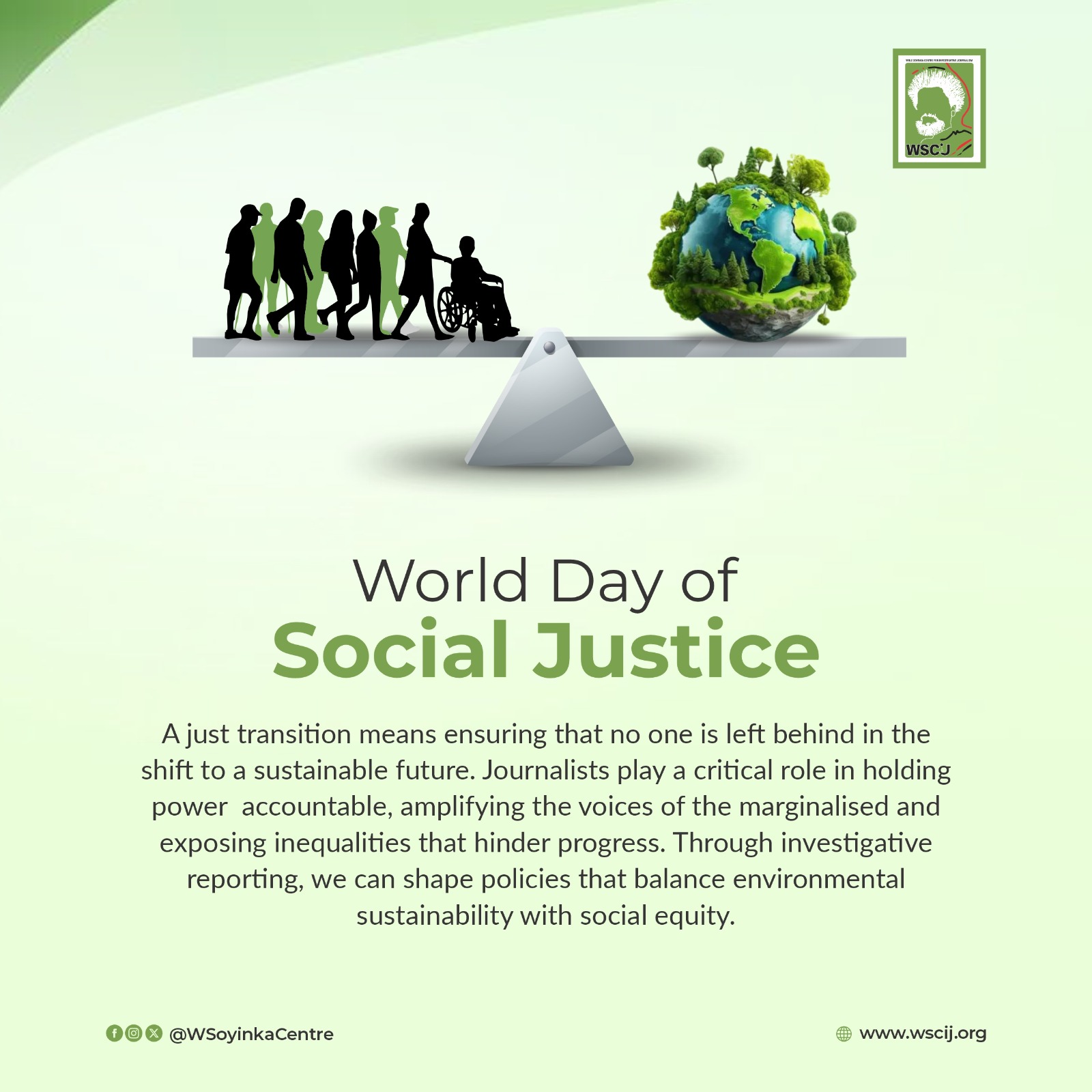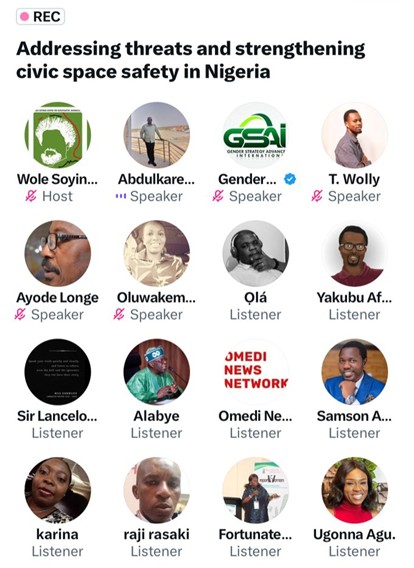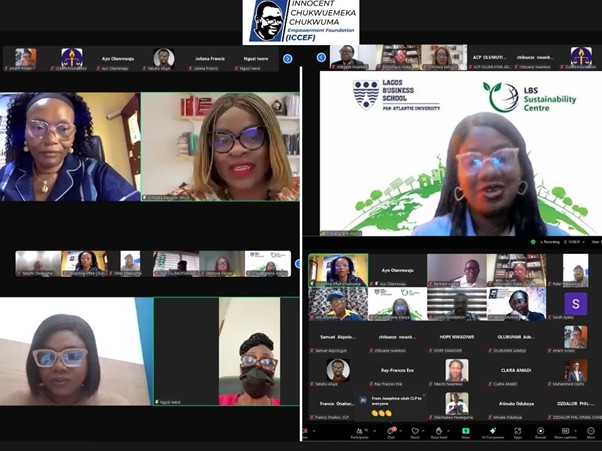As Nigeria commemorates 60 years of independence, we take a look back in media history, consider the current state of the media, and advance recommendations for virile media in Nigeria. Keeping the fact that the media is the fourth estate in the realm and an integral part of true democracy as a reference point, we also examine whether we measure up to the status of a democracy that we always claimed we are.
The Nigerian media has come a long way, yet a long way from where it should be given several political and economic challenges it is faced with – from stifling anti-press laws, to attacks on journalists, and several other sustainability issues. During the period between 1960 and now, the Nigerian media has been through many existential situations.
History has it that during the first republic (1960 – 1966), media owners, most of whom were politicians, controlled the press and its contents without recourse to media ethics and forgetting the watchdog role of the press. The Nigerian press divided along ethnic and party lines in the heat of the contest for political power at the centre during the second republic (1979 – 1983). Legacy media like the Nigerian Tribune of the then Western Region degenerated into a mere tool for promoting the regional government. The media proprietors controlled the journalists and editors as well as the contents pushed out to suit their selfish political purposes. Similarly, National Concord was established in 1980 to further the political ambition of its owner, late MKO Abiola, and attack his opponents, amongst other reasons.
Cases of brutalisation of journalists by government law enforcement agents marked the long military regime before and after the second republic. Many journalists were detained or jailed for no just cause. For instance, Minere Amakiru, a reporter with Nigerian Observer, had his head shaved with broken bottle asides being beaten by men in uniform for publishing a story about a planned teachers’ strike in old Bendel State on the birthday of Alfred Diette-Spiff, then military governor of the state. In October 1986, Dele Giwa, 39, the pioneer editor-in-chief of Newswatch, was reportedly killed after he received a parcel bomb which detonated at his residence in Ikeja, Lagos State. The assassination occurred two days after he was questioned by officials of the State Security Service (SSS), now Department of Security Services (DSS).
Privately owned newspapers played the watchdog role well during this period, by responding to their constitutional duty of holding government accountable to the people. Despite the repression of the media at the time, history has it that many of the newspaper acquired colour printing machines to carry out their productions, the typography and layouts of most paper improved tremendously, news and other stories were better written, and pictures better displayed.
Today, the number of media outlets in the country – print, broadcast and online can hardly be said with precision because new ones spring up every now and then. One can easily mistake this diversity and plurality of the media in Nigeria for independent journalism and media freedom, but that would amount to a hasty conclusion.
Although the Nigerian press is purportedly regarded free, several arrests, detention and attacks on journalists for doing their work still suggest a disturbing trend toward repression of freedom of expression and media. For instance, Bayo Ohu, an assistant news editor of The Guardian, was shot by unidentified assailants at the front door of his house in Lagos on September 20, 2009. The six assailants reportedly took Bayo’s laptop and cell phone. Jones Abiri, another journalist, was detained in 2016 by intelligence officers for more than two years without trial over alleged links to rebels in the Niger Delta in the country’s southeast and threats to oil companies. He reportedly had no access to a lawyer or his family during the time. In the midst of these, some laws constraining press freedom in the country such as The Cybercrime Act, Hate Speech Act and The Social Media Bill have also been enacted or being considered for enactment.
Freedom of expression and information is recognised as a basic human right in the Universal Declaration of Human Rights adopted by the United Nations (UN) in 1948, the European Convention on Human Rights, the American Convention on Human Rights, and the African Charter on Human and Peoples’ Rights.
As a watchdog, the media functions to promote government transparency, accountability, and public scrutiny of decision-makers in power, by highlighting regulatory and policy failures, maladministration by public officials, corruption in the judiciary, and scandals in the corporate sector.
As we join Nigerians all over the world to mark Nigeria’s diamond jubilee, the Wole Soyinka Centre for Investigative Journalism strongly holds that a free and independent media is integral to democracy, good governance, and ultimately to human development, and therefore, advocates a free and ethical press.


